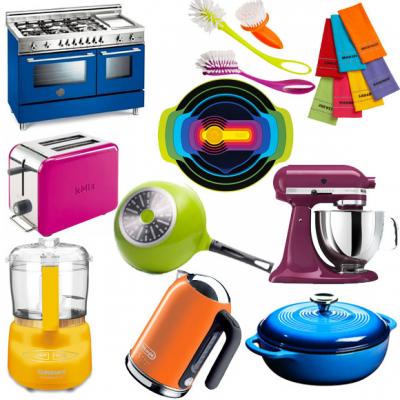Many survivors and their children in shelter or other temporary housing have left their homes in a state of emergency or distress, or have managed to flee during a short window of time. As a result, they are not in possession of many of their personal belongings or household goods. When survivors leave shelter to move into a new home, they frequently do not have the necessary household items with which to start over. Shelters often collect donated items from individuals, businesses, and religious institutions to help compensate for those losses. These items are eventually presented as housewarming gifts and are sent home with survivors and children once they leave shelter to establish their own new homes.
While receipt of a household item may seem like a small gesture, it can help alleviate some of the stress associated with loss of belongings and starting over under changed circumstances. It can also make settling into a new space that much easier when basic items that are used on a daily basis are available. Many domestic violence programs maintain a list of frequently needed items, either for use by residents/survivors or the shelter itself. Below is a list of typical household goods that may be collected and donated for this purpose:
 Pots and pans
Pots and pans- Kitchen utensils
- Silverware
- Dishes
- Drinking glasses
- Small appliances (toasters, blenders, coffee makers)
- Soaps & detergents
- Sponges, scrubbers & dish towels
- Shower curtains and bath mats
- Storage containers (for food & supplies)
- Cutting boards
- Paper products (napkins, paper towels, tissue, toilet paper)
- Foil, plastic wrap, zipper lock bags
- Garbage bags
- Trashcan/Wastebaskets
- Cleaning products
- Mops, brooms, buckets
- Laundry baskets
- Hand and bath towels
- Personal and dental hygiene supplies
- Hair accessories & hair care products for women of various ethnicities
- Women’s and children’s underwear and baby diapers









